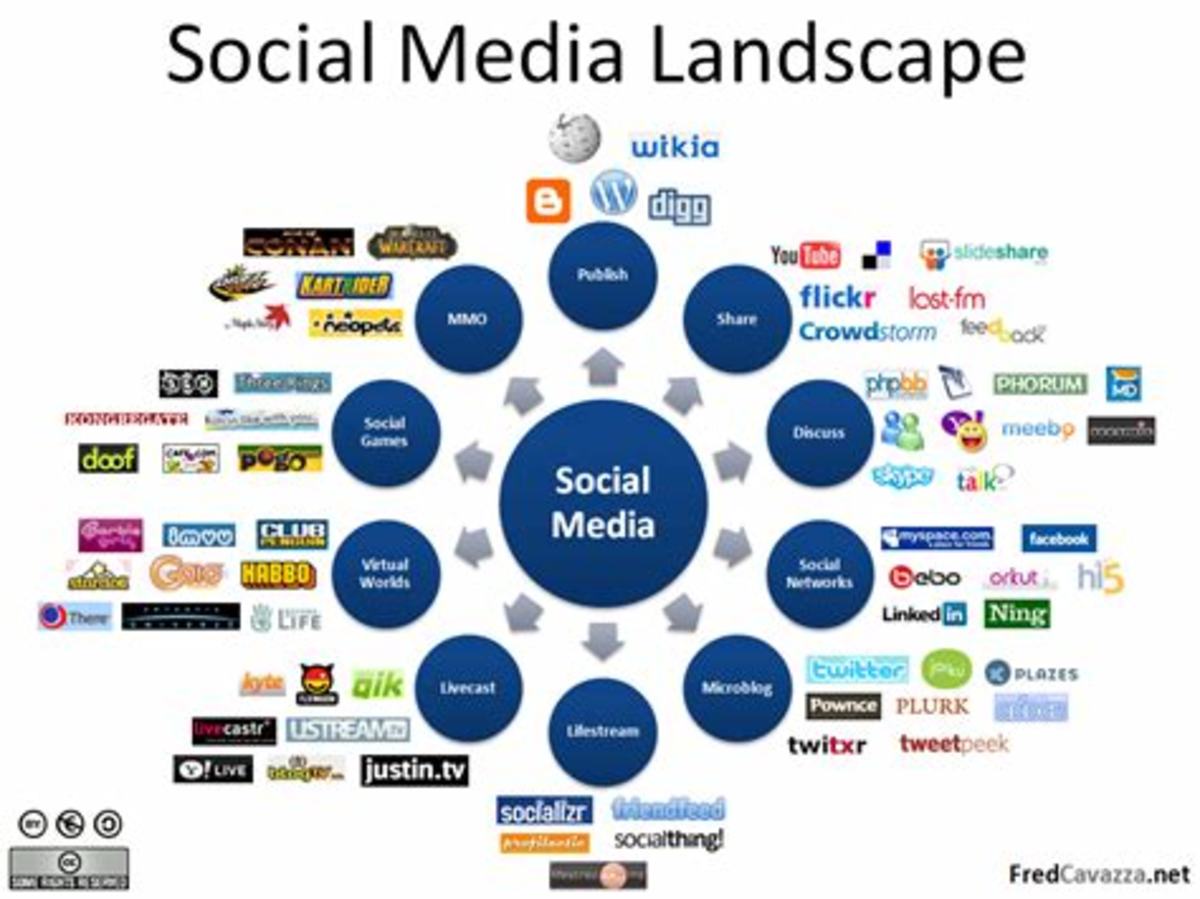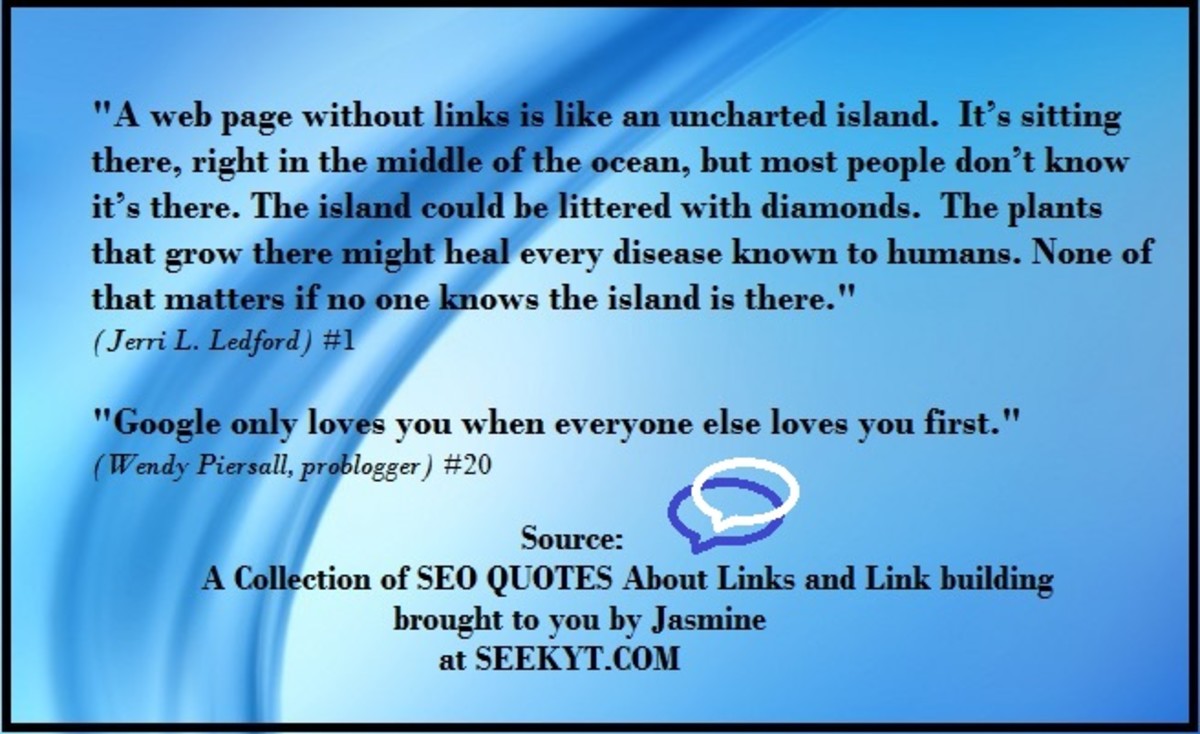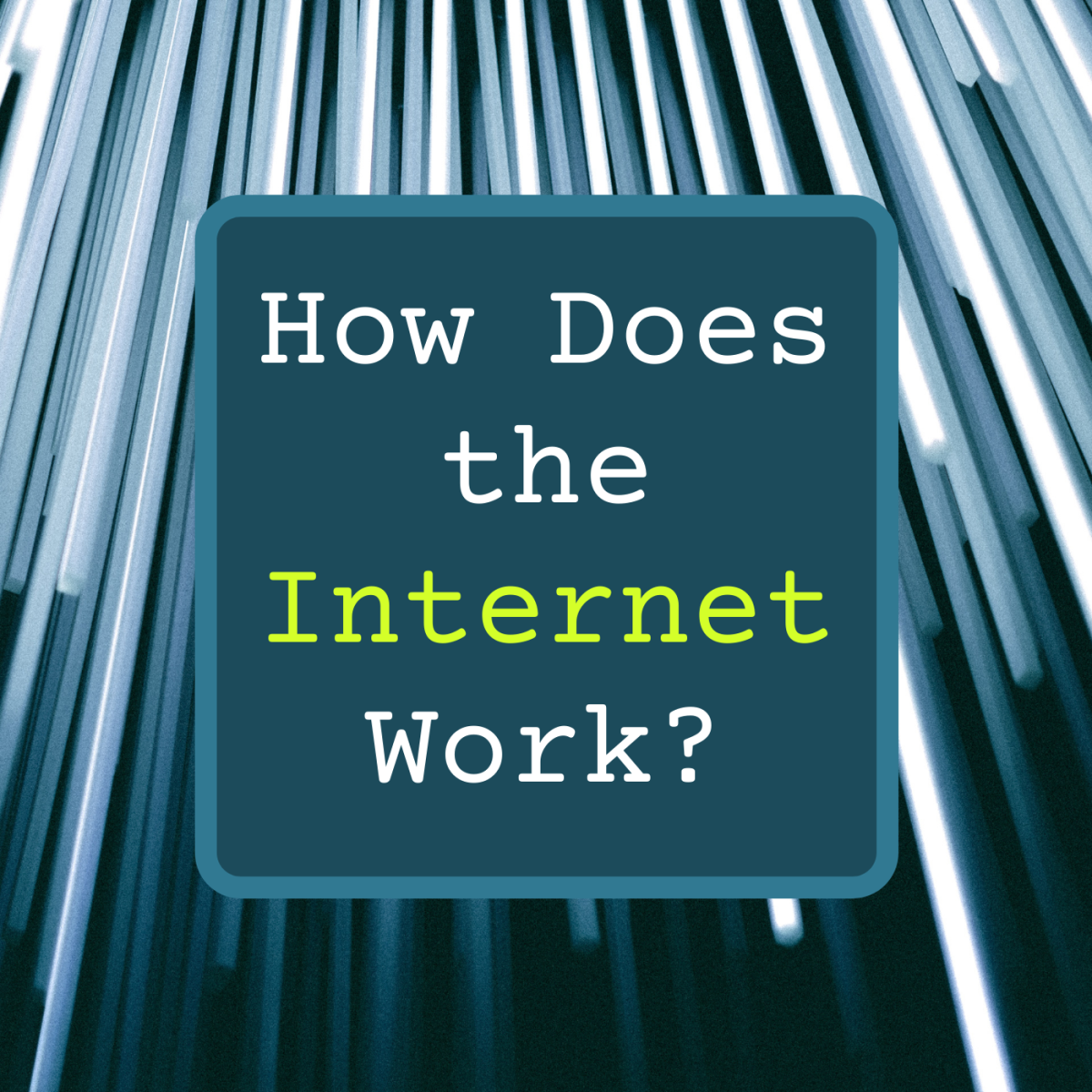The Hidden Problems with Net Neutrality
Introduction
Net neutrality is described as the idea that internet service providers must give all traffic equal access to the network without restrictions on the source. What are the problems with net neutrality? Why should we be worried about the prospect of net neutrality?

Problems with Net Neutrality
In the name of neutrality, traffic to major blogs could be slowed to give more bandwidth, regardless of customer desire. Imagine equally large roads built across a state to every town, regardless of their population.
The user needs different data latency rates for different types of information. While a delay in processing packets for a loading website or file download are tolerable, the same latency levels are intolerable for streaming video or audio. In the name of fairness, applying the same network latency rules ruins applications that demand more data in a short period of time.
If minor ISPs do not meet performance demands such as network speed, shall they receive government funded upgrades to their equipment? After all, the government has decided that competition is in the consumer’s interest. And if Internet access is a right, all service providers must be able to provide quality internet access such as high speed connections.
When a domain or server is turned off, hundreds of people (or more) lose access because of the actions of one person. And by shutting down small ISPs that host content others won't, you end up pushing people to more expensive service providers or mainstream hosts that censor content. Directly and indirectly, this hurts the free exchange of ideas.
Net neutrality can be used to punish domains that host controversial video clips and audio clips that are being taken down from Youtube, Facebook and iTunes. In the name of balancing resource usage, high demand sites hosting what people want but cannot find elsewhere get censored.
All of these concerns about net neutrality are assuming that net neutrality is not the beginning of Big Brother on the web or an Internet kill switch. If it is, then we have even more reasons to be concerned. Or you get subtle acts of censorship like throttling the bandwidth for sites labeled controversial, just as Youtube has labeled content by conservatives as controversial and putting it behind warning labels that require you to log in to view it. By putting up roadblocks, they aren't outright denying access, but it does deter viewings which is exactly their intent.
Domains have been seized and shut down on allegations of selling illegal or counterfeit products. It is the large companies that have the resources to fight these accusations and the small ones that go under because their site and revenue source is shut down.
If you think the NSA had an open door to access servers and web traffic before, wait until net neutrality regulating internet access as a utility mandates such open access to all government agencies.








